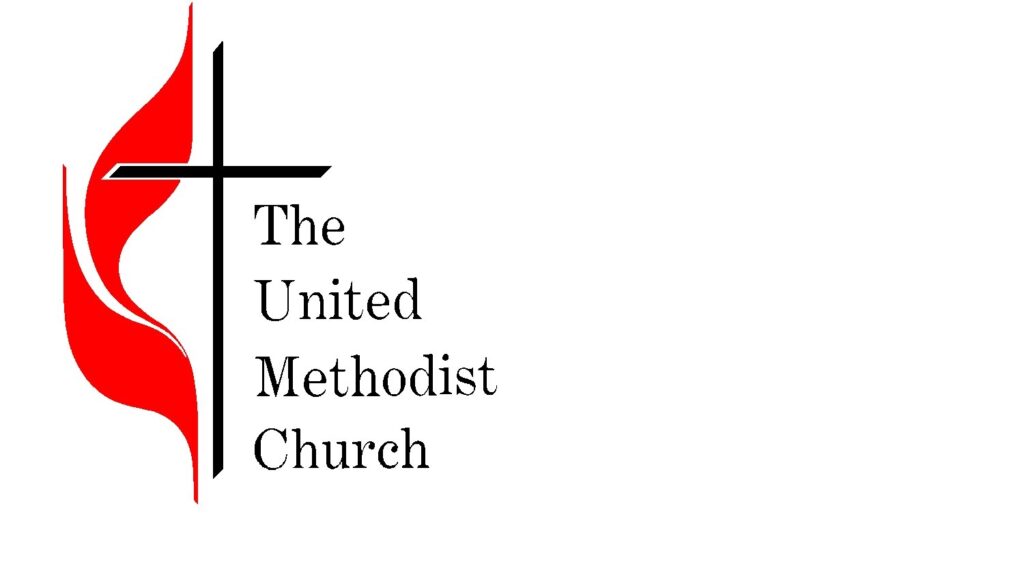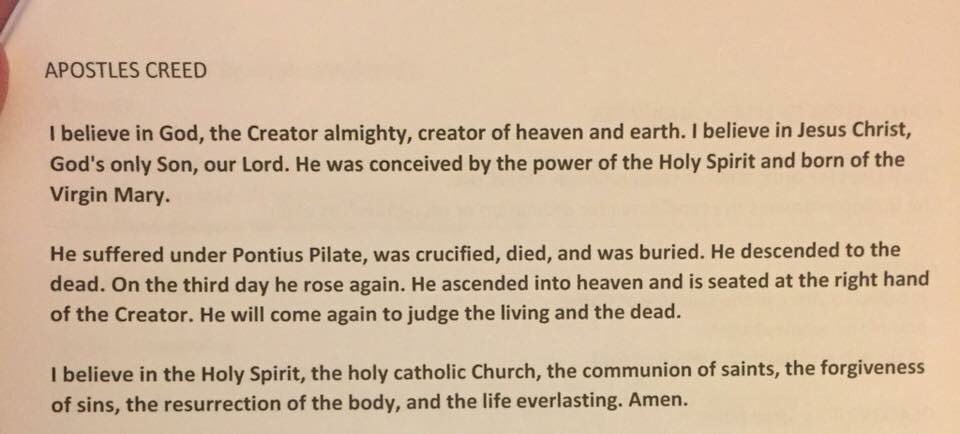The Minnesota Conference of the United Methodist Church has removed the term, ‘Father,’ from the Apostle’s Creed in an attempt to be more gender inclusive to God.
The ancient creed of the Christian Church reads:
I believe in God, the Father Almighty, creator of heaven and earth. I believe in Jesus Christ, his only Son, our Lord, who was conceived by the Holy Spirit, born of the Virgin Mary, suffered under Pontius Pilate, was crucified, died, and was buried; he descended to the dead.
However, United Methodists in the Minnesota Conference decided that referring to God as “Father” wasn’t inclusive enough for the 21st century United Methodist Church. At the conference, held May 30 through June 1, conference organizers omitted reference to God the Father. Instead, they changed the phrase “God the Father Almighty” to “God the Creator Almighty.” The creed passed out to attendees also removed the phrase, “Jesus Christ, His only Son” to “Jesus Christ, God’s only Son.”
One attendee, Keith Mcilwain, posted a screenshot of their newly revised creed via social media.
McIlwain is currently the pastor of Slippery Rock United Methodist Church in Pennsylvania. Mcilwain said, “No United Methodist individual or body has the authority to edit those creeds which were formulated by the early Church and have helped define orthodox Christianity for the better part of 2000 years.”
The United Methodist Church has repeatedly become more egalitarian in the early twenty-first and latter twentieth century, beginning with the ordaining of female clergy with full ordination rights in 1956. The roots of the egalitarian movement among Methodists began, however, with the 18th century female preacher, Mary Bosanquet Fletcher, convincing John Wesley that some women should be given limited preaching abilities. In most recent days, the United Methodist Church has been drained of male clergy, with more than 10,300 female clergy members nationwide.
A United Methodist Church website provides a blog explaining the concept behind removing the “Father” understanding of God (taught by Jesus and the rest of Scripture). In the following quotiation, their use of the term, “God language,” means language used by people to refer to God:
-
Leaders need to establish the ground rules: Everybody’s God language is appropriate. People’s God language signifies a relationship that you can’t interfere with. You can raise questions and offer additional perspectives, but you can’t dictate. You can’t prohibit anybody from using any language about God. Whether they want to call God “Jehovah” or “Big Dog,” you can’t judge the validity of how that name connects them with God. People just need to get used to that.
-
Pastors and other leaders should give attention to teaching people what the church’s traditional images mean and what they don’t mean. For instance, the “fatherhood” of God is about relationship, not biology. Our people won’t know how to reflect theologically about these things — instead of just reacting emotionally — unless we give them the tools.
-
Pastors and other worship leaders should expose people to a variety of images of God, both familiar and new, both comforting and provocative. People should regularly hear God referred to in public worship with images that are male, female, and gender neutral. In a worship service the choir may sing an anthem with thickly sexist, male-dominated language, while the prayers are full of feminine imagery. People can sing their own words, with their personal substitutions, if they wish. People should be encouraged to take responsibility for their own faith.
In the meantime, Jesus taught us to pray, “Our Father, who art in Heaven…”















